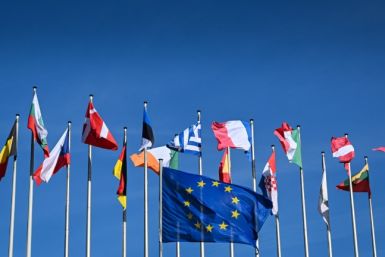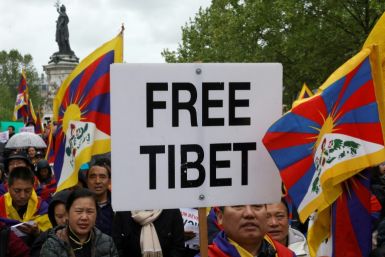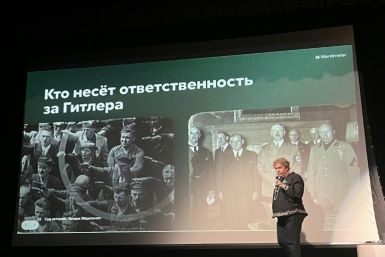Argentina reveals Falklands war abuse, Corbyn’s rise in UK gives new hope for Argentina
Being tortured by enemy during a war is not uncommon. But Argentina's recently released details of its war account in Falklands say that its soldiers were subjected to brutal abuse and torture by their own superiors in 1982, when it fought against Britain. The files were released by Argentina's armed forces and the declassification was ordered by President Cristina Fernandez de Kirchner.
The documents from the conflict also contain testimonies of under- equipped soldiers and their forceful exposure to extreme cold conditions. There are tales of horrendous torture faced by Argentine soldiers, including heavy thrashing for leaving the trenches while looking for food. The conflict over the islands took a heavy toll of Argentina and it lost more than 900 soldiers, the BBC reported.
Tales of torture
For years, Argentine war veterans had been making complaints of the terrible conditions during the conflict, including lack of proper boots and coats. The secret files also speak about mock executions when soldiers were tied up in empty graves. One lieutenant described how an officer tied his hands and legs from behind and left him face down on the wet sand in the cold Falklands beach for more than eight hours. Another sergeant had to undergo a surgery after he was kicked in the testicles.
“These documents lift the veil on facts that were hidden for so many years by the armed forces,” said Ernesto Alonso, one of the veterans, in La Plata. The Falklands War of April 1982 began when Argentine troops invaded the British overseas territory, which Argentina claims as its own and calls it ‘Malvinas.’
As the war erupted, a British task force was sent to the area and it retook the islands in June. In the war, three Falklands civilians and 255 British servicemen lost their lives. Argentina’s defeat in the war also led to the downfall of its military government, which was also facing economic problems and declining popular support.
Despite the defeat, Argentina continues to claim the islands. President Cristina Fernandez de Kirchner even described the British presence as “a blatant exercise of 19th-Century colonialism.”
British government’s stand is that it will respect the self-determination of the islanders, who had overwhelmingly voted in March 2013 to remain as a British territory. There are about 2,900 inhabitants on the islands.
Corbyn raises hope
Meanwhile, the elevation of left-leaning Jeremy Corbyn, as the head of the Labour Party in Britain has raised the hopes of Argentina. Corbyn opposed the Falkland’s War and was favouring a 'joint administration' to resolve the dispute between Britain and Argentina. In 2013, he appeared to question the validity of the referendum that found the islanders' desire to remain a British territory.
“There is a way forward other than spending a very large amount of money and the potential of another catastrophic conflict,” Corbyn told BBC.
In recent times, Argentina has been raising the Falklands issue consistently. British Foreign Secretary Philip Hammond has accused it of bullying after Argentina threatened legal action against companies, which were drilling oil and gas near the islands.
For feedback/comments, contact the writer at feedback@ibtimes.com.au or let us know what you think below.






